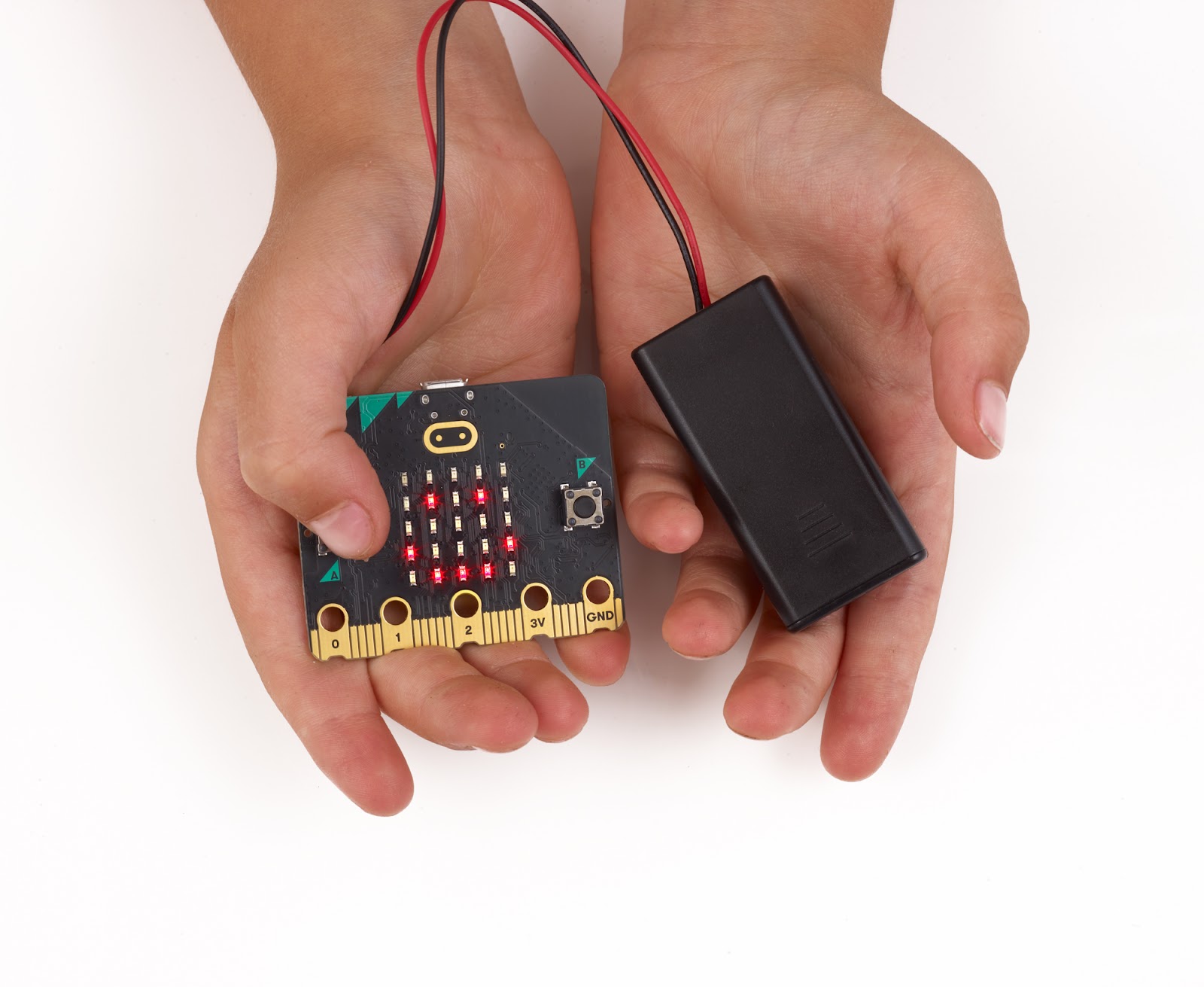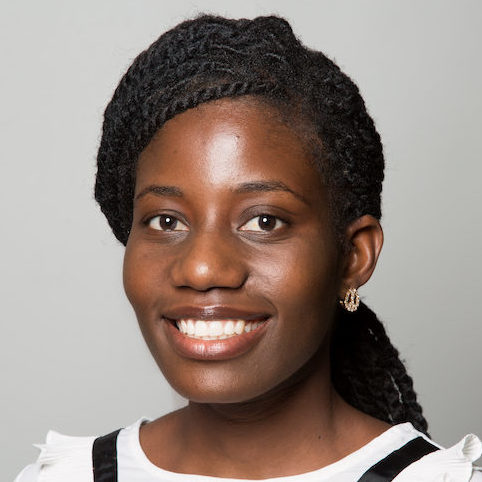We are delighted to announce a new partnership with the Micro:bit Educational Foundation. Best known for their micro:bit hardware, which might be familiar to many pupils and their teachers across the world, the Micro:bit Education Foundation was founded in 2016 to inspire every child to create their best digital future. Their programmes aim to engage young people in tech, especially the ones who might not otherwise have been interested in computing or chosen to study STEM subjects. The Foundation’s vision is to inspire and diversify the future of computing, and to boost social equity and international talent.

Computing education research is a young field, particularly at school (K–12) level, and has been slow to develop in the UK (in comparison to the USA where the NSF has funded many research projects). In England, we’ve been implementing a new Computing curriculum since 2014, and we really need robust and rigorous research to understand and enhance teaching and learning in the subject (see our Centre video for some insights into this). It’s crucial that we create a pipeline through supporting PhD students in this field – these young researchers will be the Professors of computer science education of the future!
From 2023, the Micro:bit Foundation has pledged to support a PhD student at the Raspberry Pi Computing Education Research Centre. It goes without saying that we are absolutely delighted to receive this donation to help support a PhD student, and were delighted to welcome Salomey Afua Addo to the Raspberry Pi Computing Education Research Centre in January 2023.
Welcome to Salomey
With a background in Economics and Mathematics, as well as experience of teaching programming and data science to both young people and undergraduates, Salomey brings with her a wealth of new ideas and fresh perspectives to the Raspberry Pi Computing Education Research Centre. Although she still has to narrow down her specific research topic, Salomey will be focusing on research into approaches to the teaching and learning of Artificial Intelligence (AI).

Salomey has a keen interest in equal access and education, and realised early on how crucial a digitally skilled workforce is to opening up opportunities and closing economic divides. Stranded at home during the early months of the pandemic in 2020, she decided to offer classes in English, maths and programming to the children in her home area in Ghana. This is when she discovered that most of her pupils had never come across programming and computing in their lives, even though digital literacy is becoming more indispensable every year.
Salomey studied AI and machine learning as part of her Master’s degree at AIMS Ghana, and subsequently worked at Leuphana University in Germany teaching data science to undergraduates. She is concerned that rapid developments in AI, and the understanding of how they work, may not be accessible to all young people. Through her PhD, she plans to explore the best ways to transfer knowledge and skills relating to AI to children from under-priviledged backgrounds across the world.
Salomey joins Laurie Gale to become the second PhD student at the Research Centre. We are excited that Salomey has joined us and is feeling welcomed and at home in the Research Centre and Darwin College. Watch this space as she and Laurie develop their PhD projects and commence their research in the coming years!